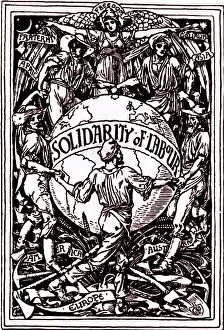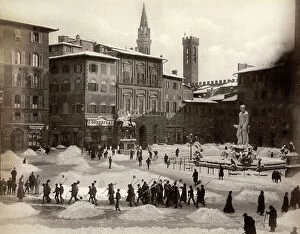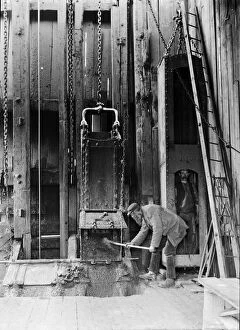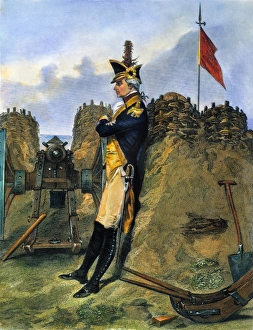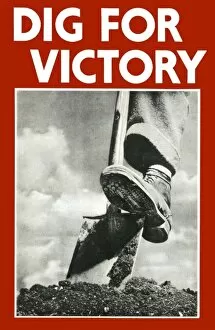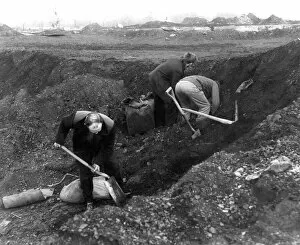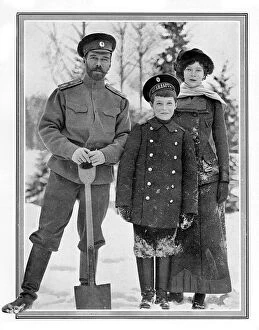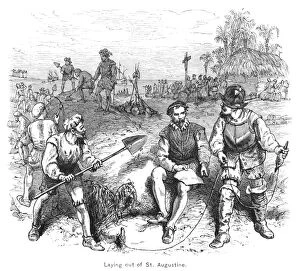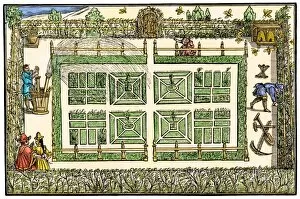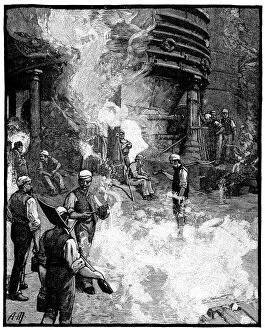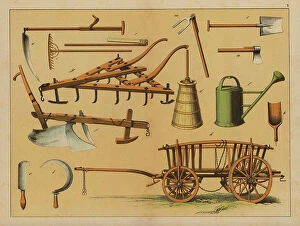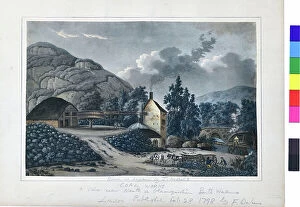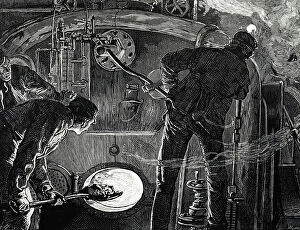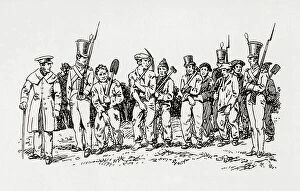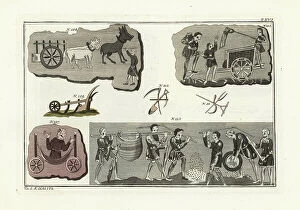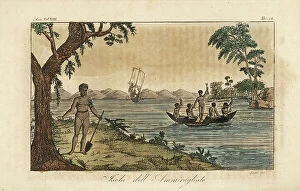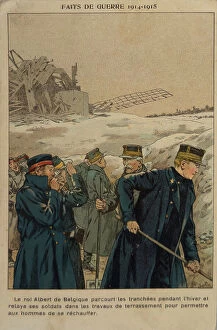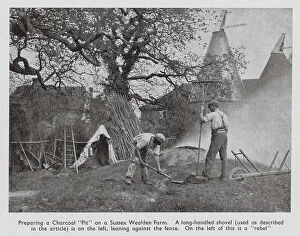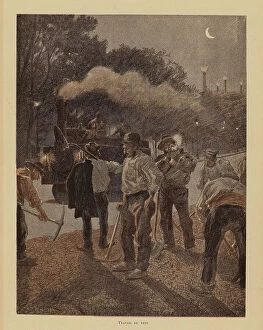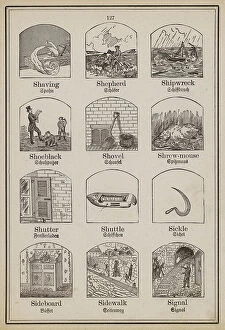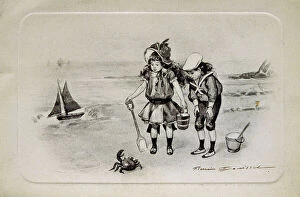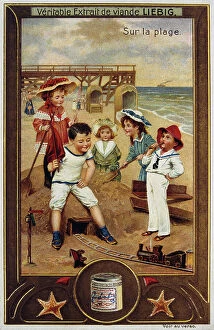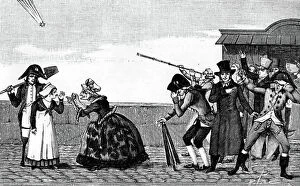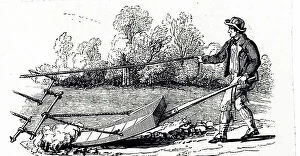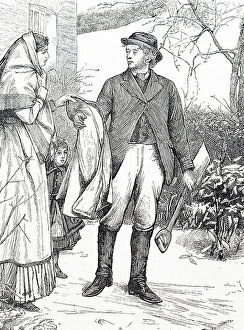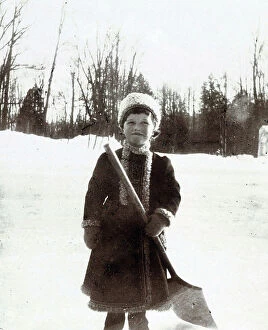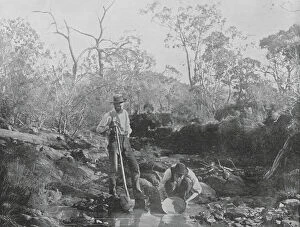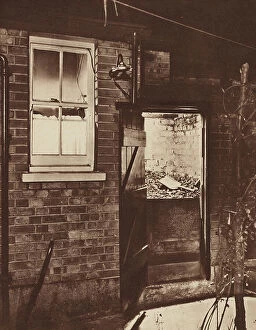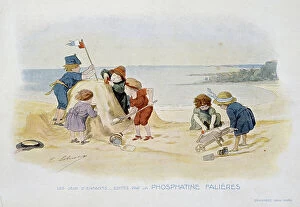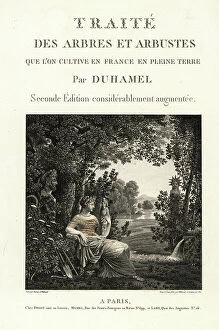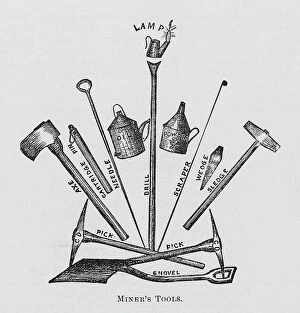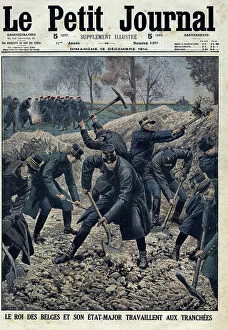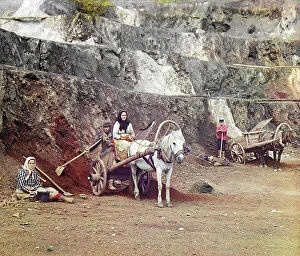Shovel Collection
"From Solidarity to Victory: The Enduring Symbolism of the Shovel" The humble shovel, a tool that has witnessed and shaped history across centuries
For sale as Licensed Images
Choose your image, Select your licence and Download the media
"From Solidarity to Victory: The Enduring Symbolism of the Shovel" The humble shovel, a tool that has witnessed and shaped history across centuries, stands as a symbol of labor, resilience, and triumph. Its significance transcends time and borders, connecting diverse moments in human experience. In the spirit of solidarity, labors around the world celebrate May Day each year. They unite under banners bearing images like Hamilton at Yorktown in 1781 - an iconic depiction of determination amidst conflict. This steel engraving by Alonzo Chappel captures the essence of collective effort that echoes through generations. During World War II's darkest days, the "Dig for Victory" poster became a rallying cry for nations ravaged by war. It urged citizens to cultivate their own food as an act of defiance against scarcity and oppression. In Heihe on the Chinese-Russian border, workers shoveled heavy snow during one fateful March storm - a testament to their unwavering dedication even in nature's harshest grip. Through royal corridors and mining tunnels alike, shovels have left indelible marks on history's canvas. Tsar Nicholas II himself may have wielded one alongside his family members while tending to their estate or engaging in manual labor - reminding us that hard work knows no boundaries. Deep within East Pool Mine in Cornwall lies evidence of back-breaking toil endured by miners seeking prosperity beneath unforgiving earth. Similarly haunting are the ruins of Petworth boys school from September 29th, 1942 - where young hands once grasped shovels now reclaimed by time but forever etched into memory. Gender barriers crumbled as well when illustrations depicted female manual workers standing proudly behind tipper trucks with spades held high. These women shattered stereotypes while contributing significantly to societies' progress. The founding tale unfolds further with Pedro Menendez de Aviles establishing St. Augustine, Florida in 1565.

